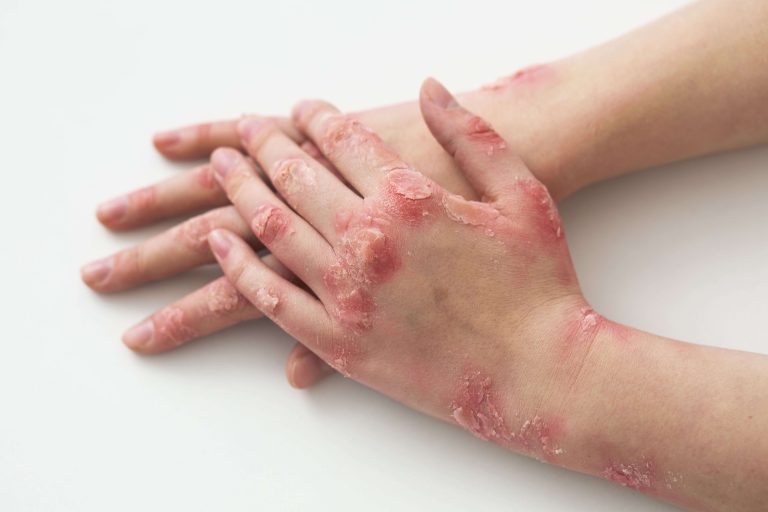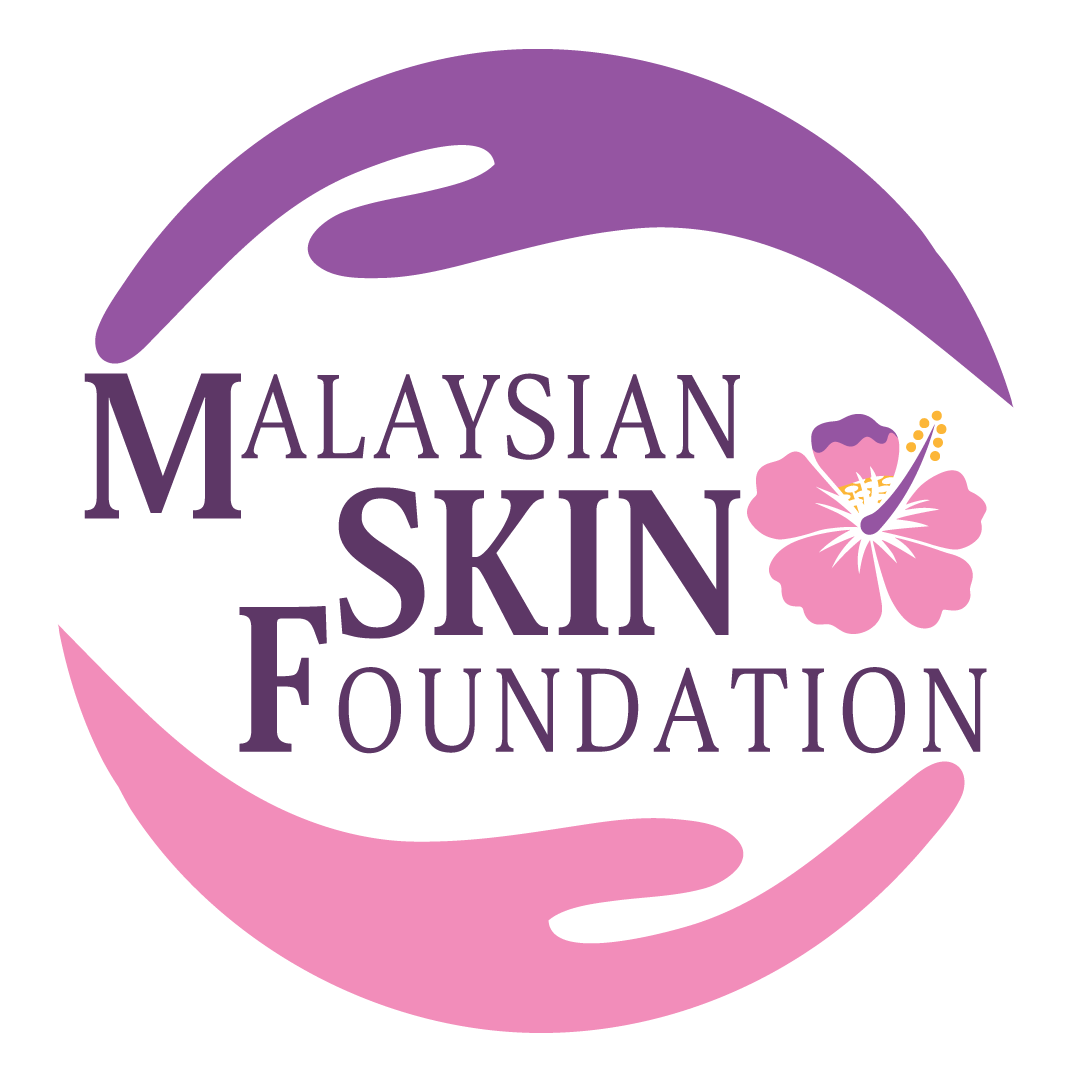Eczema
Eczema, also known as atopic dermatitis, is a chronic inflammatory skin condition that affects millions of people worldwide, including those living in Malaysia. In Malaysia, it is estimated that around 10-20% of the population may be affected by eczema.
Eczema is characterized by red, itchy, and dry patches on the skin, which can be very uncomfortable and distressing.
In Malaysia, the hot and humid climate may exacerbate eczema symptoms, as increased heat and humidity can cause skin irritation and sweating, which can worsen eczema. Additionally, exposure to certain allergens or irritants, such as dust mites or harsh soaps, may trigger eczema flare-ups.








